International
Pope says meeting with Russian Orthodox patriarch scrapped
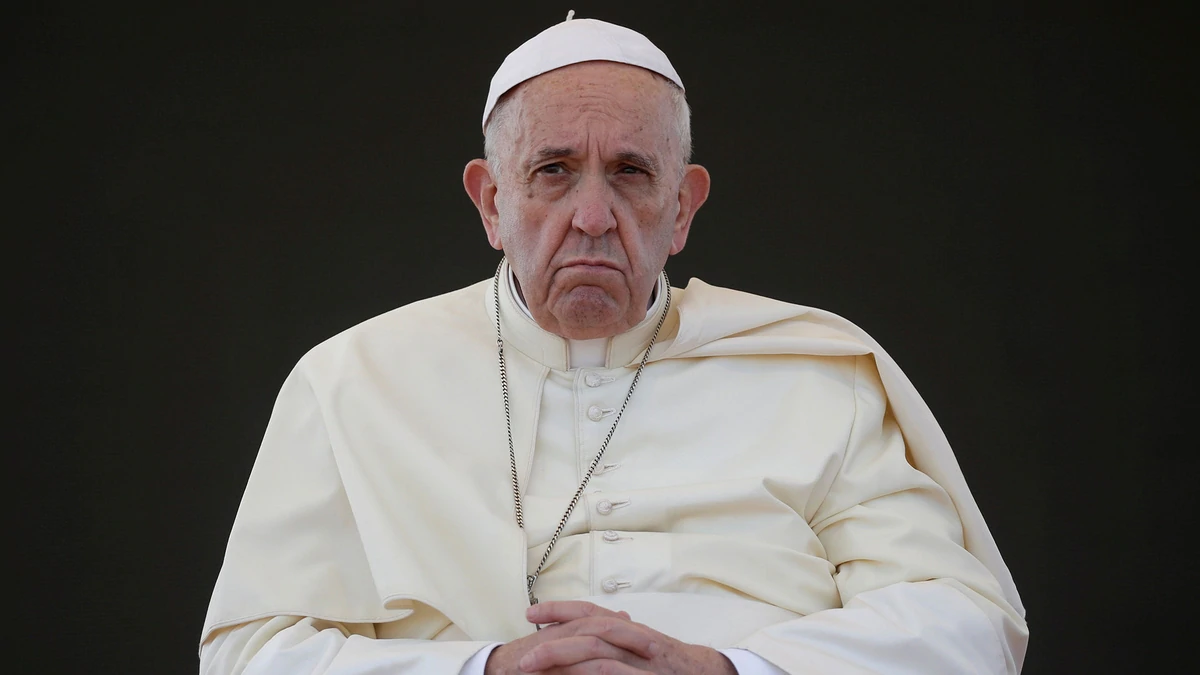
AFP
Pope Francis has announced that a meeting set for June with Russian Orthodox Patriarch Kirill, a close ally of President Vladimir Putin, has been cancelled so as not to sow “confusion.”
The two men, who had a first, historic, meeting in Cuba in 2016, had been due for further talks in Jerusalem.
But Francis told Argentina’s La Nacion newspaper the encounter was called off because “our diplomacy felt that a meeting at this time could lead to a lot of confusion” — an allusion to the Ukraine war.
The head of the Catholic Church insisted his ties with Kirill, who represents some 150 million faithful or half the world’s Orthodox population, were “very good.”
Their meeting in 2016 was the first between the leaders of the two biggest Christian denominations in nearly a thousand years.
Dialogue with the Orthodox Church, which separated from the Catholic Church in 1054, is a stated priority of Francis’s pontificate.
But since Russia’s invasion of Ukraine on February 24, the two men have been on opposing sides.
The Pope last week called for peace and denounced a “cruel and senseless war.”
Kirill has defended Putin’s “military operation” and the fight against Russia’s “external and internal enemies.”
The two men held video talks on Ukraine in March and urged negotiations for a “just peace.”
Yet shortly after the start of the war, Kirill called Moscow’s opponents in Ukraine “evil forces.”
International
Merengue concert turns to mourning as Jet Set collapse claims 136 lives

Dominican rescue teams will end search and recovery operations on Wednesday, April 9, 2025, at the Jet Set nightclubin Santo Domingo, where the building collapsed during a live concert.
Authorities estimate that the final 20 bodies will be recovered from the rubble today, bringing the official death toll to 136. This includes 12 additional bodies found overnight in the disaster zone, adding to the previously confirmed 124 fatalities.
Outside the collapsed nightclub, desperate relatives of the missing continue to gather, clinging to hope for news. Many also visited nearby hospitals and morgues in search of their loved ones.
A list of confirmed victims has been posted on a tent set up near the site, where the bodies are being transferred for identification.
The tragedy occurred during a performance by renowned merengue singer Rubby Pérez, who was among the deceased.
Central America
Colombia to host fourth EU-CELAC Summit in November
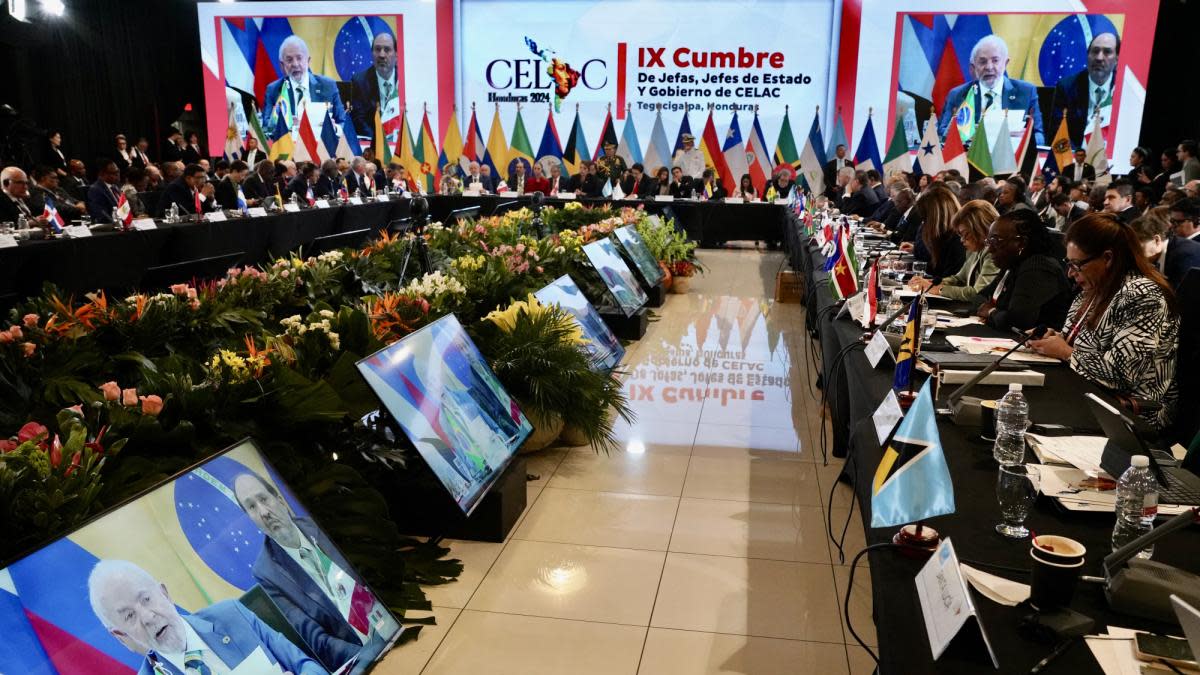
The Fourth Summit between the European Union (EU) and the Community of Latin American and Caribbean States (CELAC) will take place on November 9 and 10 in Santa Marta, Colombia, according to a joint statement released Wednesday by the Colombian government and the European Council.
The summit will be co-chaired by Colombian President Gustavo Petro, in his role as pro tempore president of CELAC, and European Council President António Costa, the statement added.
The last EU-CELAC summit took place in July 2023 in Brussels, when both blocs agreed to hold these meetings every two years.
The summit brings together the 27 EU member states and the 33 CELAC countries, representing 14% of the global population, 21% of global GDP, and one-third of the members of the United Nations, the communiqué noted.
International
Russia and US to Meet in Istanbul for Diplomatic Talks on April 10
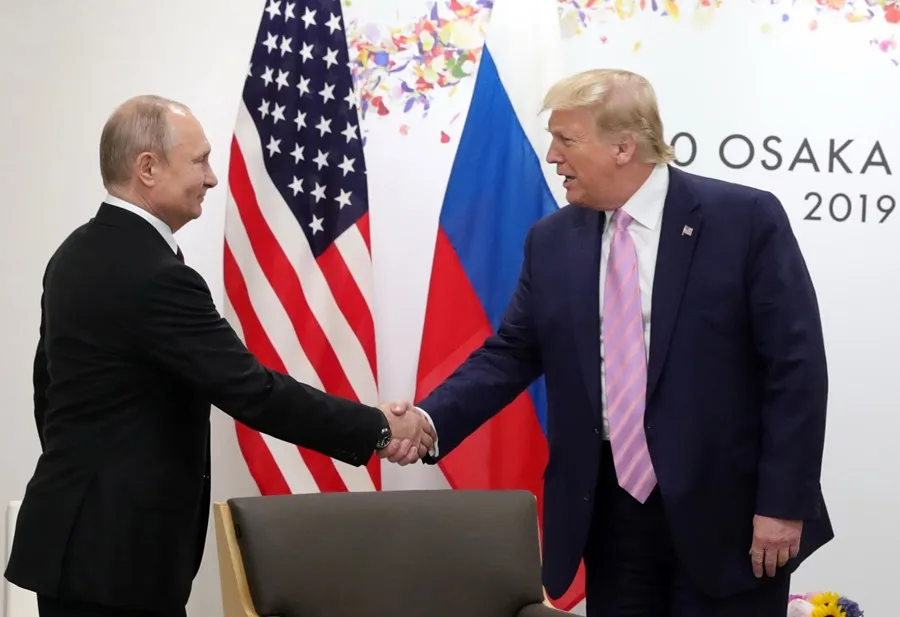
The Kremlin confirmed today a forthcoming meeting with the United States to discuss the normalization of diplomatic relations, which will take place in Istanbul.
“Our participation will be through the Ministry of Foreign Affairs,” said Dmitry Peskov, the presidential spokesperson, during his daily telephone press conference.
Peskov was responding to a question about who would represent Russia in the new round of negotiations, which is supposedly scheduled for April 10.
Subsequently, the Ministry of Foreign Affairs confirmed that the delegations will be led by the Russian ambassador to the U.S., Alexandr Darchiev, and the U.S. Deputy Secretary of State, Sonata Coulter.
These are the same negotiators who met in late February in Istanbul, where the expert-level negotiation format was the same, according to the source.
Russian Foreign Minister Sergei Lavrov had said a few days ago that the next meeting would be held in the Turkish city, though he did not confirm a date.
Lavrov, who participated in only one of these meetings, clarified that the upcoming discussions would address the issues still dividing Moscow and Washington diplomatically, referring to the operations of both countries’ embassies.
The Kremlin asserted that Washington has not yet responded to Russia’s security concerns, preventing a ceasefire declaration on land, sea, and air.
Meanwhile, Trump expressed discontent with Russia’s recent attacks, including one last week that killed 20 people in Krivi Rig, the hometown of Ukrainian President Volodymyr Zelensky.
So far, Russia has rejected a cessation of hostilities and only declared a 30-day ceasefire on March 18 against attacks on energy infrastructure, which was extended by Kyiv a week later.
-

 Internacionales4 days ago
Internacionales4 days agoErik Prince Backs Ecuador’s Daniel Noboa in Fight Against Crime and “Narcoterrorism”
-

 Central America4 days ago
Central America4 days agoGuatemala’s Legal Chief Shot Dead in Parking Lot: Investigation Underway
-

 Central America2 days ago
Central America2 days agoHonduras Hosts CELAC Summit Amid Regional Concern Over U.S. Deportations
-

 Central America2 days ago
Central America2 days agoMulino and Orsi Highlight Shared Vision After Panama Joins Mercosur as Associate State
-

 International2 days ago
International2 days agoTeachers in Southern Mexico Bring Education to Stranded Migrant Children
-

 International1 day ago
International1 day agoRussia and US to Meet in Istanbul for Diplomatic Talks on April 10
-

 Central America2 days ago
Central America2 days agoTrump Administration Asks Supreme Court to Block Return of Deported Salvadoran
-

 Central America1 day ago
Central America1 day agoAudit Exposes Major Breaches in Panama Canal Port Concession, $300 Million Owed to State
-

 International1 day ago
International1 day agoScience Brings Back the Extinct Direwolf with Successful De-Extinction Project
-

 International1 day ago
International1 day agoMaduro Announces Economic Emergency Decree Amid Growing Tensions with the U.S.
-

 Sports1 day ago
Sports1 day agoNeymar Returns to Santos Training After Month-Long Injury Layoff
-

 International1 day ago
International1 day agoTransgender Student Arrested at Florida Capitol for Using Women’s Restroom Under New State Law
-
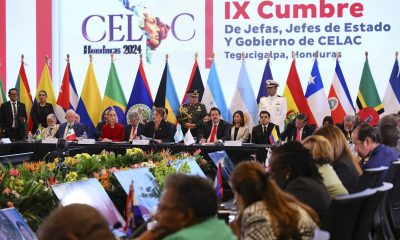
 Central America2 hours ago
Central America2 hours agoCELAC condemns unilateral sanctions in ‘Tegucigalpa Declaration’
-
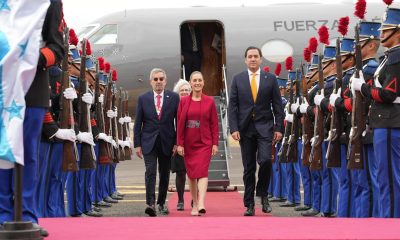
 Central America2 hours ago
Central America2 hours agoMexico’s president proposes regional economic summit at CELAC
-
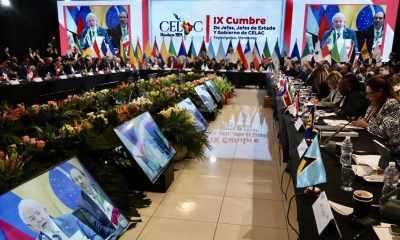
 Central America2 hours ago
Central America2 hours agoColombia to host fourth EU-CELAC Summit in November
-

 International2 hours ago
International2 hours agoMerengue concert turns to mourning as Jet Set collapse claims 136 lives















